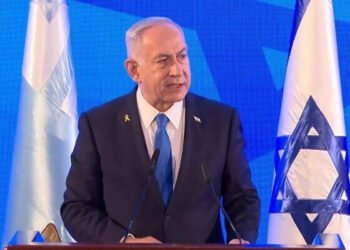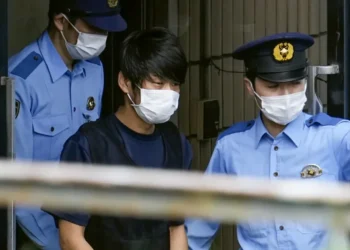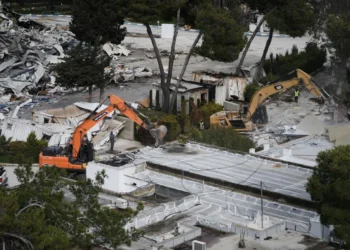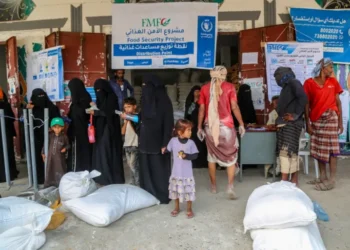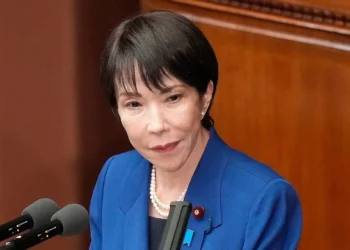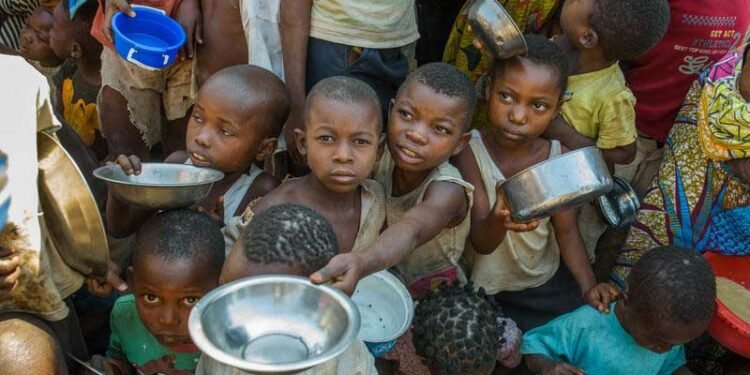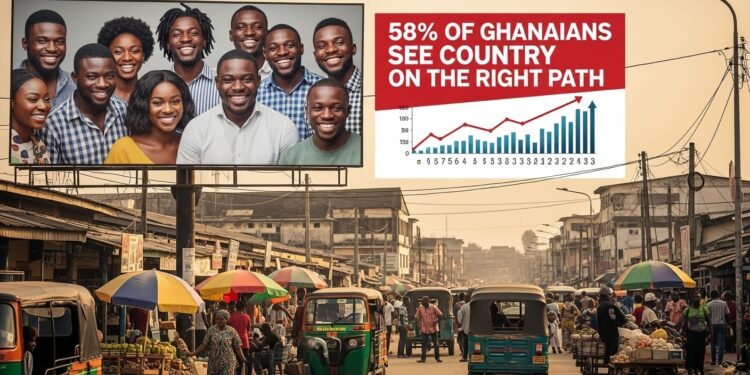The ceasefire between Thailand and Cambodia has been mainly holding as border tensions linger, with a truce agreement to end deadly clashes in effect, in part, due to economic pressure from United States President Donald Trump.
The two neighbours agreed to an “immediate and unconditional” ceasefire, effective from midnight, at a meeting in Malaysia on Monday after nearly a week of hostilities that saw at least 38 mostly civilian deaths and displaced nearly 300,000 more.
However, the ceasefire was quickly tested when Thailand’s army accused Cambodia of launching attacks in multiple areas early Tuesday – claims Cambodia rejected.
The ceasefire comes days before the US is expected to announce new trade tariff decisions.
Cambodia and Thailand are two of the nations likely to be hit hardest as a result of Trump’s punitive trade measures, with a 36% tariff on goods from both countries taking effect this coming Friday.
Trump had warned that the US might not proceed with trade deals with either country if hostilities continued, giving both sides a face-saving justification for halting the clashes.
Some sporadic fire had been anticipated in the hours immediately after the ceasefire took effect. A Thai government statement late Tuesday said a new clash had broken out at one of the locations where there had previously been heavy fighting. The Thai army reported exchanges of gunfire into Wednesday morning but said there was no use of heavy artillery.
Jirayu Houngsub, a Spokesperson for the office of Thailand’s Prime Minister, said in a text message to journalists that the Thai military “is currently responding and controlling the situation” at Phu Makhuea, a mountain in a disputed area next to Thailand’s Sisaket province.
Thailand’s army had said that the morning fighting stopped after Military Commanders along the border from both sides met. Army Spokesman Major-General, Winthai Suvaree said that they agreed to halt troop movements, avoid escalation and establish coordination teams before a joint border committee meeting in Cambodia on August 4, 2025.
Cambodian Defence Minister, Tea Seiha stated that he spoke to his Thai counterpart about “incidents” that occurred during the implementation of the ceasefire, but stressed that Cambodia’s army abided by the truce.
There were signs of calm along the border, with some of the tens of thousands of people displaced by the fighting returning to their homes.
However, residents staying in makeshift refugee shelters on Cambodia’s northwestern border were still waiting to head home.
Meun Saray, a 45-year-old woman living in a tarpaulin shelter near the border town of Samraong, capital of Cambodia’s Oddar Meanchey province, told a news agency, “If they (the government) say that my village is safe to return then I would go back home and reunite with my family because here is not as easy to live as my home.”
Meach Sovannara, Head of the opposition New Generation Party, stated that the town is directly south of the O Smach border crossing, where shelling and gunfire were heard on Monday afternoon.
Sovannara added that some local villagers were injured after their homes were hit by stray bullets.
Cambodia and Thailand have clashed in the past over their 800km (500-mile) border. The fighting began last Thursday after a landmine explosion along the border wounded five Thai soldiers.
Tensions had been growing since May when a Cambodian soldier was killed in a confrontation that created a diplomatic rift and roiled Thailand’s domestic politics.
Ceasefire Remains Tenuous
Meanwhile, some analysts say the ceasefire remains tenuous and politically complicated.
Kokthay Eng, a Cambodian researcher in history, politics and international relations, warned that the ceasefire may not last if the Thai government fails to secure lower US tariffs.
Southeast Asian political Expert, Bridget Welsh said, “It is risky and will require clear markers to build traction.”
Welsh suggested that a proper border survey should begin immediately. “Right now, it’s on pause because the roots of the conflict have yet to be addressed,” she added.
READ ALSO: Kpemka Admits NPP’s 2024 Defeat Was a National Tsunami





